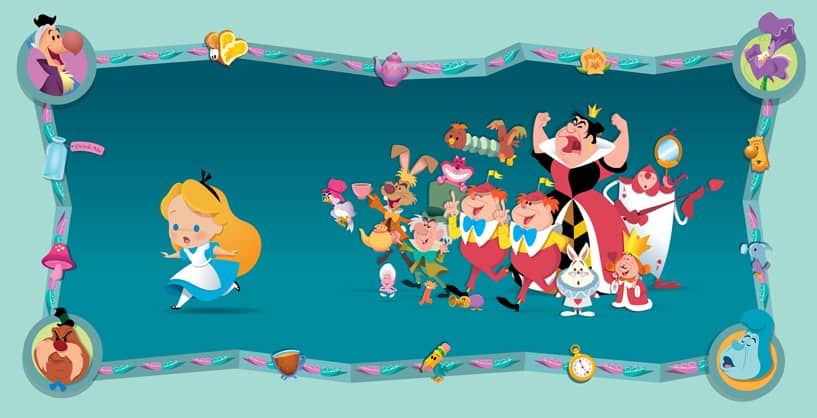
By Chris Jalufka | 03.08.13
It can be a thrill when you first get paid for your craft. That first lump sum, no matter how minor, is a major win. To take the fun out the equation, I’ve been researching the tax issues that artists face. I like the bottom line. The practical aspects of how things work. That’s just my thing.
In the course of my research I came across a handful of tax court cases involving aspiring writers and their attempts at using the money they’ve spent pursuing their career as a business expense.
This one caught my interest – it involves a trip around the world and a diary.
Wright v. Commissioner, 31 T.C. 1264 (1958), affd. 274 F.2d 883 (6th Cir. 1960)
A couple flew to Japan to visit their son. Once there, they didn’t head home but continued on, and took a trip around the world. During the trip they kept a diary of their adventures and experiences. When they returned home they edited the diary into a manuscript and failed at finding a publisher to take on the project.
Bummer, I know. But then this couple tried to call the expenses of the trip around the world and all the cost of producing the manuscript business expenses.
The Tax Court didn’t agree and concluded –
“The cost of a trip such as this, undertaken by petitioners for purely personal reasons, cannot be turned into and deducted as a business expense merely by writing in a diary en route with a mere hope (unjustified) that it might be published and bring in some income. To allow the deduction of such expenditures to two people who have never been engaged in the business of writing and have no intention of attempting to earn a livelihood in the future in such business would be an invitation to many taxpayers to convert pleasure trips into business trips at the expense of the revenue.”
That has to hurt a little, to have the Tax Court call your attempt at being a writer an unjustified hope.
Here’s another one really that stings.
Bassett v Commissioner, T.C. Memo 1992-546.
This poor aspiring writer was denied the deductions of his research and writing due to no profit motive. Or, as Linda Lewis phrased it in her article ‘Authors and the Internal Revenue Code’ –
“Taxpayer’s activities provided him with significant personal pleasure and emotional release from stifling corporate employment in computers. Manuscript was so ludicrous it couldn’t produce a profit.”
Ludicrous? Yikes. That’s rough, especially coming from the federal government. But I could have told you that ‘pleasure and emotional release from a stifling corporate job’ is not a proper tax deduction, but nice try.
On a lighter note (kind of), there’s also this tidbit of a case involving an artist with long history of reported losses.
Churchman v Commissioner, 68 T.C. 696 (1977)
An artist reported ten years of losses at his craft, but the Tax Court didn’t find that to be an issue because of the time it can take for a struggling artist to reach a point in their career to turn a profit.
The Tax Court has a history of being very open with their judgments on what it calls business expenses versus hobby expenses for artists. The concept of “Intent to Profit” can be abused, but they’re good at catching when there is an intent to profit, despite years of losses.
Ah, art as a business. Fun stuff, but if you have to worry about tax issues, then at least you’re doing something right.
Tax cases found via Linda Lewis’ article ‘Authors and the Internal Revenue Code’

Great post like always!